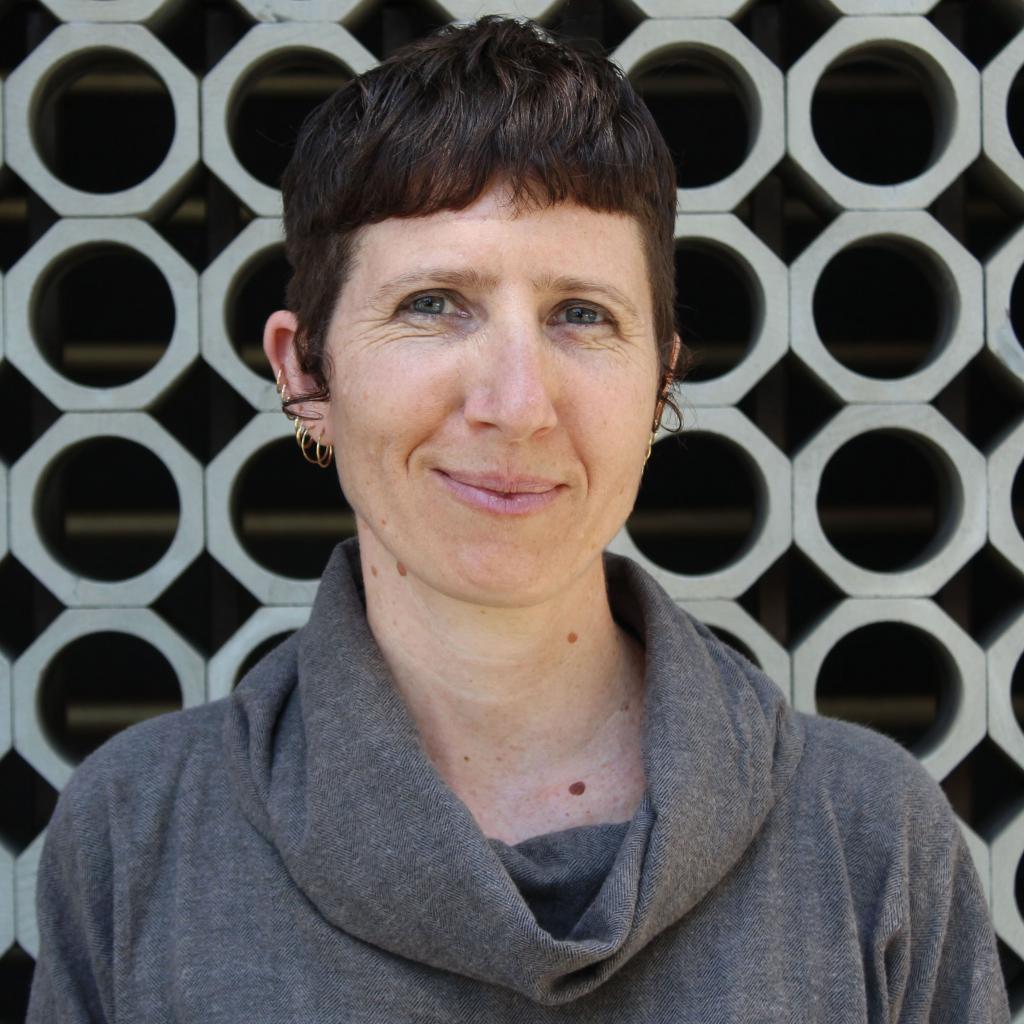PhD Candidate, Society and Environment
PhD Candidate, Society and Environment
See up to date information on my personal website: www.rosaliezfanshel.com
I am broadly interested in the processes through which Historically White Land Grant Universities envision and enact—and inhibit—organizational change to improve anti-racist and decolonial outcomes in their agri-food systems education. I use an interdisciplinary lens of critical university studies; organizational sociology; critical theories of race, settler-colonialism, and whiteness; and critical pedagogy of agri-food systems. My dissertation, entitled Anti-Racist and Decolonial Organizational Change Work in Agricultural Higher Education, is a mixed methods case study of UC Berkeley’s College of Natural Resources (CNR, which is the University’s land-grant arm). It includes 130 in-depth interviews; identity surveys with each interviewee; critical discourse analysis of organizational artifacts; critical visual examination of agricultural educational spaces; and reflexive ethnographic practices. My inquiry is guided by the epistemological and methodological principles of activist scholarship in higher education.
Doctorate in Environmental Science, Policy, and Management. University of California, Berkeley. Begun August 2019; advanced to candidacy June 2023.
Bachelor of Arts in East Asian Studies (Japanese Studies Concentration). Oberlin College, Oberlin, OH, 2000. Senior Thesis: “Homegrown Organic: The Japanese Natural Farming Movement.”
Peer-reviewed Publications
[Co-first author] Mgbara, W., Fanshel, R. Z., Esquivel, K., Shannon, N., Parker-Shames, P., Elias, D. O., Washington, L., & Guzman, A. (2024). Cultivating anti-racism in the classroom and beyond through collaborative learning in the environmental sciences. Journal of Environmental Studies and Sciences. https://doi.org/10.1007/s13412-024-00995-1
Fanshel, R. Z. (2023). ‘To rescue for human society the native values of rural life’: Race, space, and whiteness in the University of California, Berkeley’s agricultural complex. Whiteness and Education. https://doi.org/10.1080/23793406.2023.2213234
Fanshel, R. Z., & Iles, A. (2022). Mapping Inequity: The Campus Foodscape as Pedagogy and Practice. Frontiers in Sustainable Food Systems 6. https://www.frontiersin.org/article/10.3389/fsufs.2022.759076
Fanshel, Rosalie Z., and Alastair Iles. 2020. “Transforming the Campus Foodscape Through Participatory Mapping.” Case Studies in the Environment 4 (1120325). Download the pdf here.
Fanshel, Rosalie Z. 2013. “Beyond Blood Brothers: Queer Bruce Springsteen.” Popular Music 32 (3): 359–83. Download the pdf here.
Other Publications
Blonder, B., Bowles, T., De Master, K., Fanshel, R. Z., Girotto, M., Kahn, A., Keenan, T., Mascarenhas, M., Mgbara, W., Pickett, S., Potts, M., & Rodriguez, M. (2022). Advancing inclusion and anti-racism in the college classroom: A rubric and resource guide for instructors. Zenodo. https://doi.org/10.5281/zenodo.5874656
[Lead author] Joseph A. Myers Center for Research on Native American Issues & Native American Student Development. (2021). The University of California land grab: A legacy of profit from Indigenous land—A report of key learnings and recommendations. University of California, Berkeley. https://uclandgrab.berkeley.edu/
Fanshel, R. Z. (2021). The Morrill Act as racial contract: Settler colonialism and U.S. higher education. UC Berkeley: Center for Research on Native American Issues. https://escholarship.org/uc/item/1cc0c4tw#author
Fanshel, R. Z. (2021). The land in land-grant: Unearthing Indigenous dispossession in the founding of the University of California. UC Berkeley: Center for Research on Native American Issues. https://escholarship.org/uc/item/7kx7k25f#author
Critical Engagements in Anti-Racist Environmental Scholarship: A Deeper Dive. Co-developed the syllabus and co-taught the course as part of a collective of five graduate students. Graduate and faculty seminar in Environmental Science, Policy, and Management, UC Berkeley, Spring 2023.
Critical Engagements in Anti-Racist Environmental Scholarship. Co-developed the syllabus and co-taught the course as part of a collective of five graduate students. Graduate, postdoc, staff, and faculty seminar in Environmental Science, Policy, and Management, UC Berkeley, Fall 2020.
Healthy Campus Food and Beverages Case Design. Developed the syllabus and taught the course. Undergraduate and graduate seminar cross-listed in Public Health and Environmental Science, Policy, and Management, UC Berkeley, Fall 2019.
Building Equitable and Inclusive Food Systems at UC Berkeley: Foodcape Mapping Project. Research mentor for 30 UC Berkeley undergraduate, masters, and PhD students via paid fellowships, Sponsored Projects for Undergraduate Research (SPUR), and Undergraduate Research Apprentice Program (URAP). 2015 – 2021.


